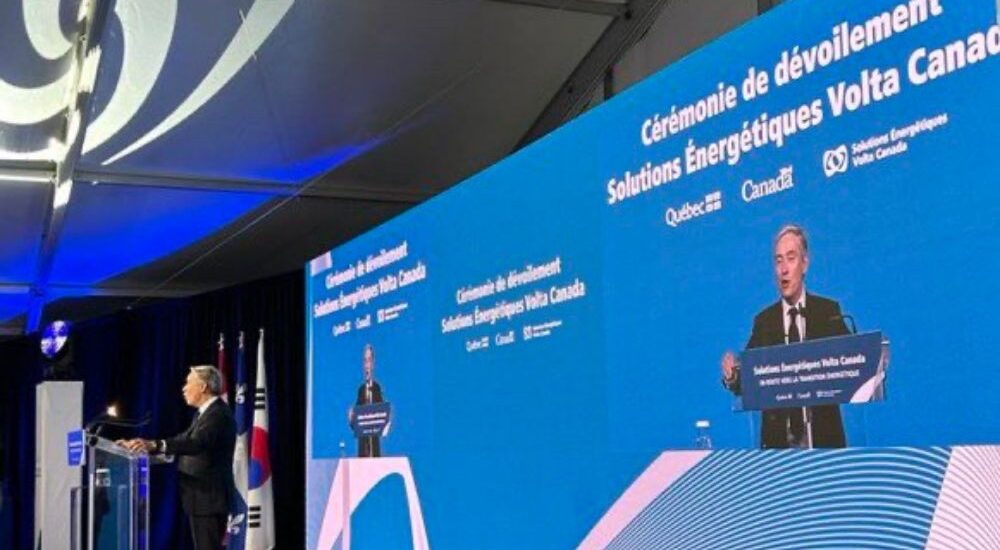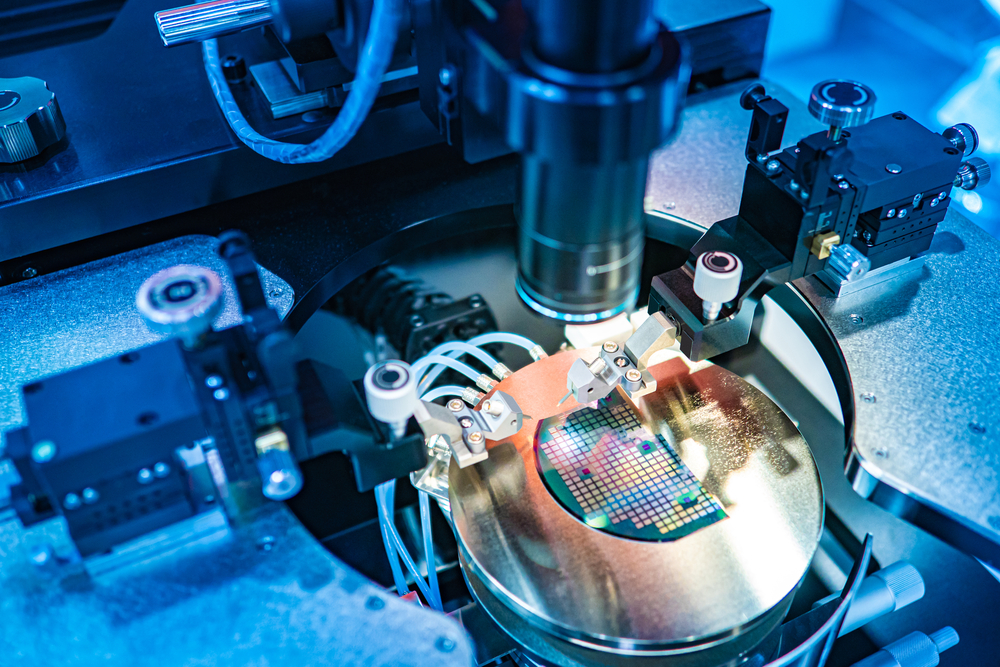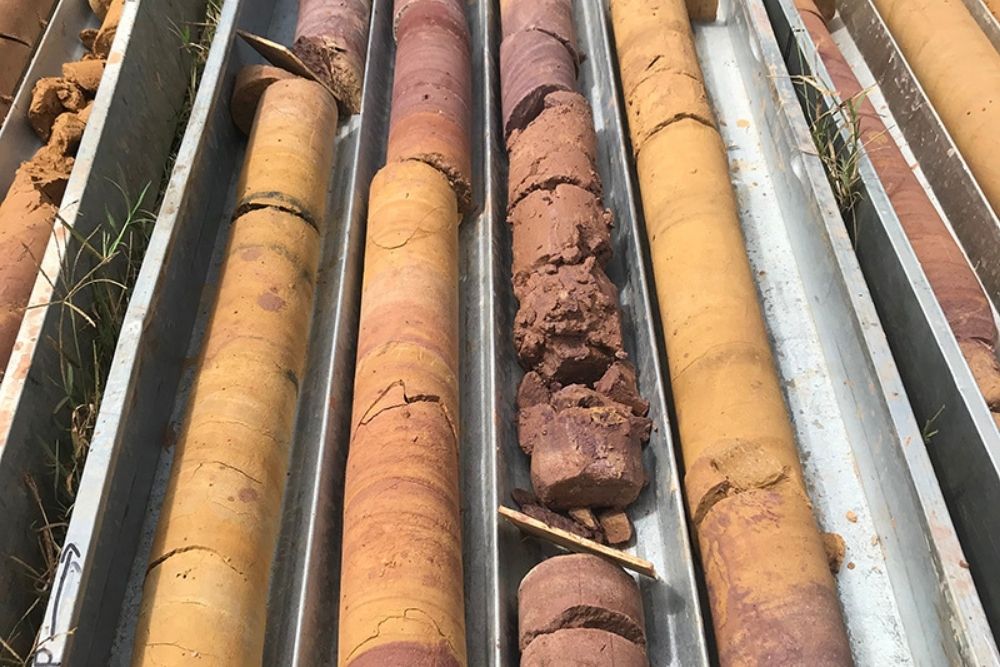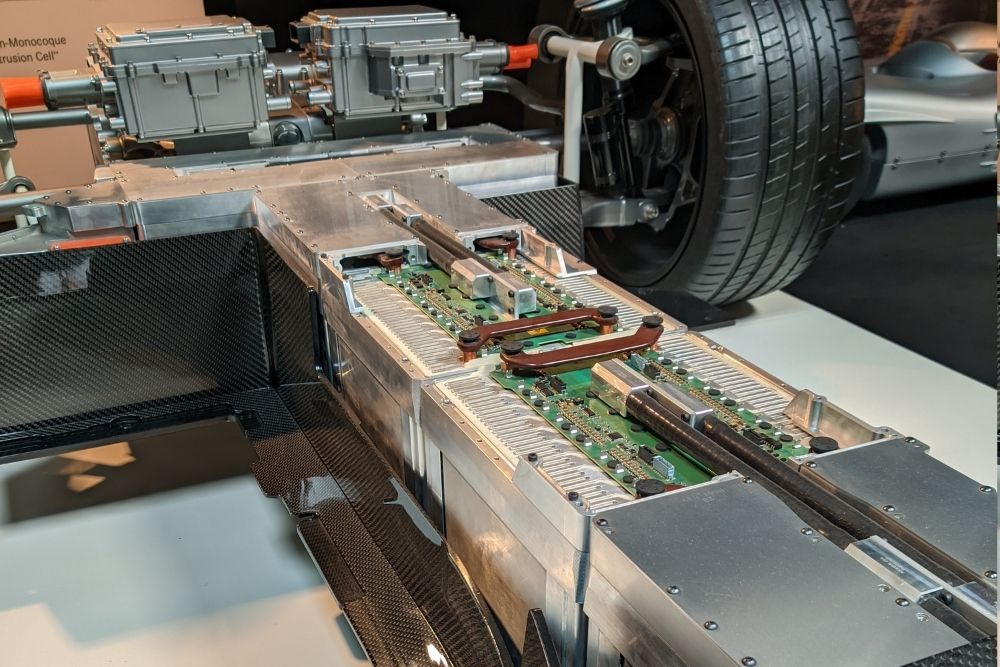South Korea’s Solus to build copper foil facility in Quebec
- September 6, 2023
- Posted by: Quatro Strategies
- Categories: Americas, Asia Pacific, Mining & Metals

A subsidiary of South Korea’s Solus Advanced Materials is set to construct a copper foil facility in Quebec, Canada, which will produce essential technology for electric vehicle (EV) batteries. The project, called Volta Energy Solutions, is valued at CAD 700 million (approximately $514.37 million) and is expected to reach full production capacity by 2026.
Copper foil is a critical component used as an anode collector in the manufacturing of lithium-ion batteries for EVs. Canada, with its rich mining sector specializing in minerals like lithium, nickel, and cobalt, aims to attract companies operating in various segments of the EV supply chain. This initiative aligns with global efforts to reduce carbon emissions.
The Volta plant in Granby, Quebec, is anticipated to provide employment for 260 individuals and contribute to the province’s ambition to establish itself as an EV supply chain hub, particularly in the nearby town of Becancour. The Canadian federal government and the Quebec provincial government are both collaborating with Volta on this project, although specific investment details were not immediately disclosed.
This move comes shortly after a consortium comprising Ford and South Korean firms announced plans to build a CAD 1.2 billion plant for the production of EV battery materials in Becancour.
Interested in learning more?
Sign up for Top Insights Today

Top Insights Today delivers the latest insights straight to your inbox.
You will get daily industry insights on
Oil & Gas, Rare Earths & Commodities, Mining & Metals, EVs & Battery Technology, ESG & Renewable Energy, AI & Semiconductors, Aerospace & Defense, Sanctions & Regulation, Business & Politics.



